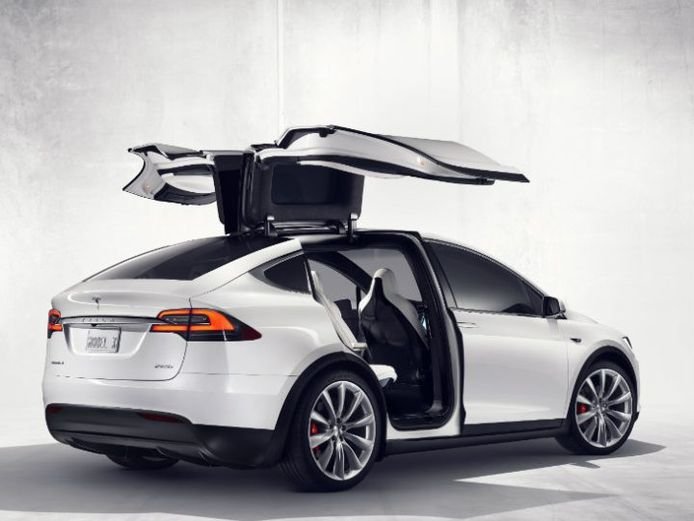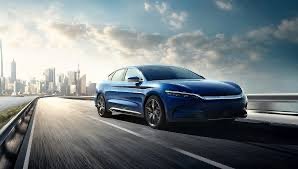Not just Tesla
In recent years, the electric vehicle (EV) market has been touted as the future of automotive transportation, promising sustainability and innovation. However, a surprising trend has emerged: the decline in sales of electric cars worldwide, notably impacting industry leader Tesla. Understanding the reasons behind this downturn and its implications for the future is crucial in navigating the evolving landscape of sustainable transportation.
One of the primary factors contributing to the decline in electric car sales is the gradual reduction in government incentives and subsidies. Many countries initially offered generous incentives to encourage consumers to switch to electric vehicles, but as these incentives phase out or diminish, the affordability of EVs becomes a significant barrier for potential buyers. Consequently, without financial incentives to offset the higher upfront costs of electric cars, consumers may opt for traditional gasoline-powered vehicles instead. Supply chain disruptions and shortages of critical components, such as semiconductors, have further exacerbated the challenges faced by the EV industry. These disruptions have resulted in production delays and reduced inventory, limiting consumers’ access to electric vehicles and dampening overall sales figures.

Tesla Model X
Tesla, often viewed as the frontrunner in the electric car market, has also experienced a decline in sales. While the company continues to innovate and expand its product lineup, increased competition from traditional automakers entering the EV market has eroded Tesla’s market share. Additionally, concerns over quality control issues, such as manufacturing defects and inconsistent build quality, have tarnished Tesla’s reputation and led some consumers to seek alternatives.
Is the future electric?
Looking ahead, the future of electric car sales remains uncertain, but several factors could shape the trajectory of the industry. The continued advancement of battery technology, resulting in lower production costs and improved driving range, could enhance the appeal of electric vehicles to a broader audience. Additionally, the expansion of charging infrastructure, coupled with advancements in fast-charging technology, could alleviate range anxiety and further encourage EV adoption.
Regulatory initiatives aimed at reducing carbon emissions and combating climate change may incentivize consumers to choose electric vehicles over traditional gasoline-powered cars. Governments worldwide are implementing stricter emission standards and imposing penalties on manufacturers that fail to meet these targets, providing a compelling impetus for automakers to prioritize the development and production of electric vehicles.

BYD Han
While the current decline in electric car sales, including those of Tesla, presents significant challenges for the industry, it also underscores the need for strategic adaptation and innovation. By addressing issues such as affordability, supply chain disruptions, and quality control concerns, stakeholders in the electric vehicle market can revitalize consumer interest and propel the industry toward a more sustainable and prosperous future. As technological advancements continue and regulatory frameworks evolve, electric cars may yet fulfill their promise as the driving force of tomorrow’s automotive landscape.
Sincerely,
Pele23
Probably also the ling waiting time is a factor. Finally after more than a year of waiting I can pick up my new EV on friday.
What did you choose? BYD, Tesla or something else?
An Audi Q8 e tron.
Pretty smooth driving have to say.
Ooh nice, pretty expensive though 😮
A company car otherwise it would have been a Dacia or so.
This is true but currently we are seeing that the prices of electric products will be higher in our country because people are buying them now.